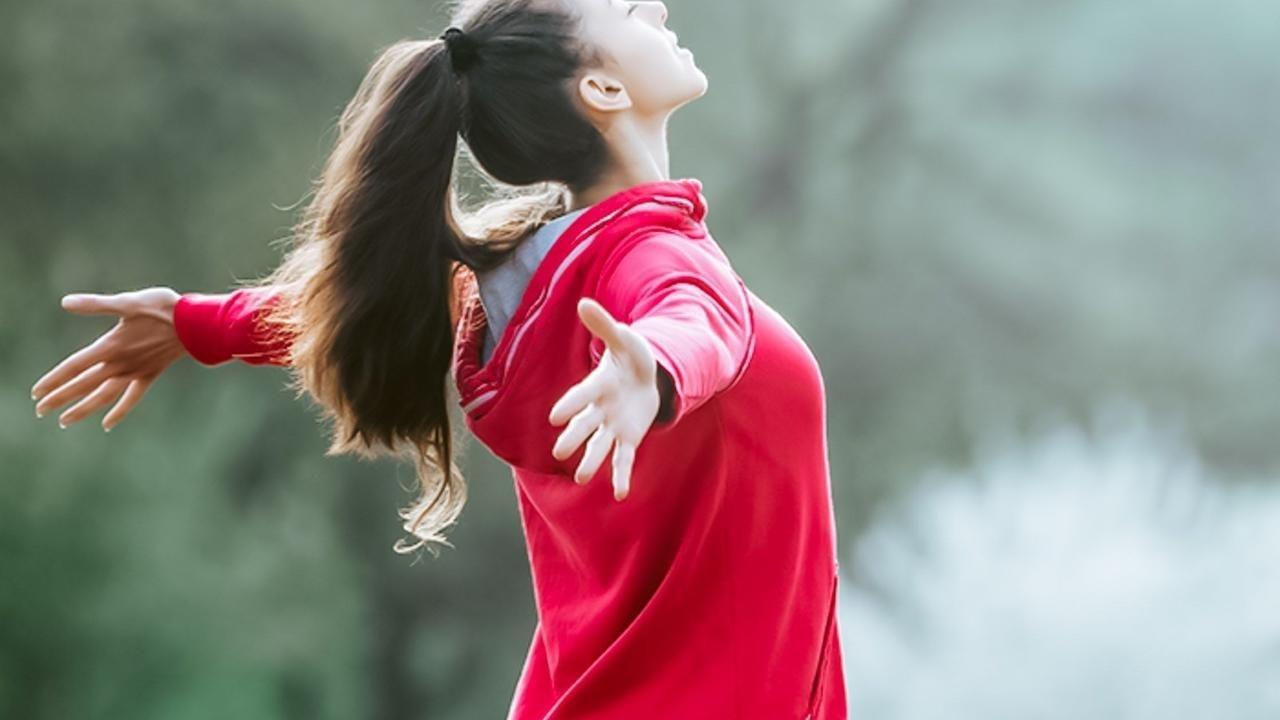Exercise For Immunity and Mental Health

Exercise Not Only Boosts Immunity It Makes You Better Mentally Equipped To Handle The Pandemic
The Covid-19 pandemic is a nightmare for many reasons, not least of which is the effects it has had on people's general mental health.
According to the Mayo Clinic, recent surveys have shown a marked increase in adults reporting the symptoms of stress. This is in comparison to surveys taken before the outbreak of Covid-19. In an attempt to remain safe during this pandemic people are risking both physical and mental health due to a sudden sedentary lifestyle.
This is why exercise is so very vital not only to help boost the immune system but to ensure people come out the other side with their mental health intact.
One study (The compelling link between physical activity and the body's defence system; Nieman, et al) found:
-
Acute exercise improves immune defence activity and metabolic health.
-
Exercise prevents inflammation in the body
-
Risk of illness is reduced in athletes during times of intense training and competition
-
Regular exercise can help delay the onset of age-related problems as it improves immune system function
Another study (Regular exercise benefits immunity -- even in isolation; University of Bath; March 31, 2020) explored exercise in isolation and Co-author, Dr John Campbell added: "People should not fear that their immune system will be suppressed by exercise placing them at increased risk of Coronavirus. Provided exercise is carried out according to latest government guidance on social distancing, regular exercise will have a tremendously positive effect on our health and wellbeing, both today and for the future."
Stress
In day-to-day life during this pandemic the old stresses of our lives may seem like nothing compared to the new normal. So many people are afraid of how they will make ends meet and how they will keep themselves and their loved ones safe. These are familiar worries but in the current climate they have been vastly amplified.
The benefits of exercise according to the Mayo Clinic include the release of endorphins, a feel-good chemical in the brain and a distraction from worries. It is important to find a distraction especially considering the amount of free time so many people have at the moment.
The Need for Routine
The Mayo Clinic suggests that maintaining a routine is important to help mental health. This is obviously not easy at present with so much change and disruption but creating a new routine would definitely be beneficial. Adding exercise into a daily routine will not only help with physical health and emotional well being but will also fill in gaps of time during the day.
Setting Goals
The importance of setting achievable priorities can be beneficial to mental health. This is because the mind needs to feel in control to be at ease and when so much is uncertain even small achievements can give a real boost. Study.
-
Set a goal of walking or running a certain distance then next time aim to travel further.
-
Aim to increase the weights you lift or repetitions you make while working out.
-
Set a target weight loss goal.
-
Choose a nearby hill you have never climbed before and aim to make it to the top.
Goals do not have to be complicated or huge, baby steps are the best place to start. The key is to attain success and then build on it.
Socialization
The Mayo Clinic lists lack of social contact as a major factor in the decline of mental health during the pandemic. The very nature of the illness requires distance from others to help stem the spread but when precautions are taken you can have some interaction while exercising. Taking a socially distanced walk in an open area while wearing masks can give that feeling of socialization while still keeping all parties safe.
However, If it is not possible to do something like that due to local restrictions you can get friends involved in a virtual workout via Zoom. Grouping together to maybe compete in exercise goals so everyone can interact and support each other is also beneficial.
Use Exercise Not Alcohol
A study published in August of 2020 by the CDC entitled “Mental Health, Substance Use, and Suicidal Ideation During the COVID-19 Pandemic,” written by Mark É. Czeisler et al, suggests many are turning to drugs and alcohol. This may help people forget in the short term but ultimately these will worsen mental health problems. Exercise strengthens the body, the immune system and provides a natural, more lasting feeling of emotional well being.
For more resources on exercise and nutrition and boosting immunity go to our store.


